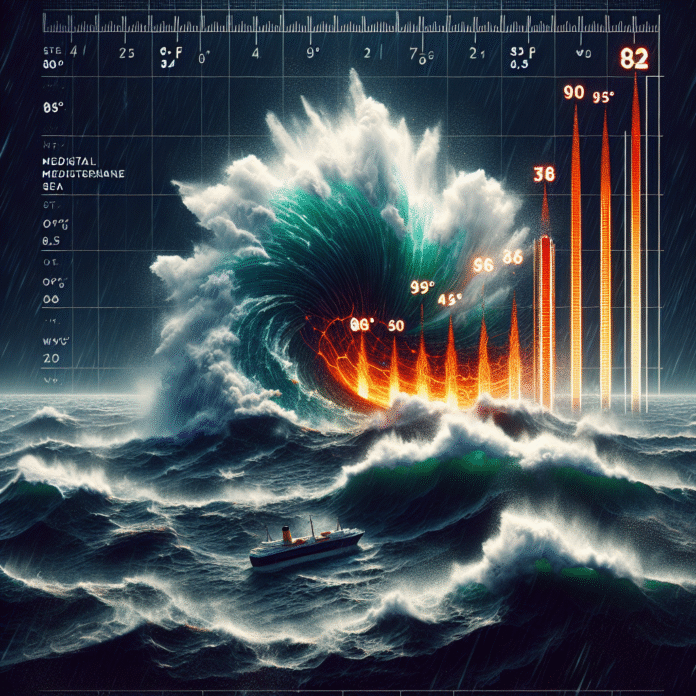Study Cautions About Increasing Sea Temperatures Leading to Dangerous Mediterranean Storms
Rising Sea Temperatures Triggering Dangerous Mediterranean Storms, Study Warns
A recent study highlights a concerning trend: increasing sea temperatures in the Mediterranean are contributing to the formation of more intense and destructive storms, commonly referred to as “Med storms.” These weather phenomena, characterized by their sudden onset and severe impacts, pose significant risks to coastal communities and marine ecosystems.
The Role of Climate Change
The study attributes the rising sea temperatures primarily to climate change, which has been accelerating due to human activities such as burning fossil fuels and deforestation. As ocean temperatures rise, they provide more energy for storm development, leading to more powerful and unpredictable weather events. Researchers emphasize that the Mediterranean region is particularly vulnerable, as it is already experiencing some of the most rapid climate changes globally.
Impact on Coastal Communities
The repercussions of these intensified storms are far-reaching. Coastal areas, which are often densely populated and economically reliant on tourism and fishing, face increased risks of flooding, property damage, and loss of life. The study warns that without adequate adaptation measures, the frequency and severity of these storms could lead to significant socio-economic challenges for affected regions.
Marine Ecosystems Under Threat
In addition to the threats posed to human life and property, rising sea temperatures and severe storms also jeopardize marine ecosystems. Higher temperatures can disrupt the delicate balance of marine habitats, leading to shifts in species distributions and increased mortality rates among marine life. This disruption can have cascading effects on the entire food web, affecting everything from plankton to large fish species, which are vital for maintaining ecological balance.
Call for Action
The findings of this study underscore the urgent need for comprehensive climate action to mitigate the impacts of rising sea temperatures. Experts advocate for stronger policies aimed at reducing greenhouse gas emissions, as well as investment in resilient infrastructure to protect vulnerable communities. Additionally, there is a call for increased research and monitoring of storm patterns and ocean temperatures to better prepare for future events.
Conclusion
As climate change continues to drive up sea temperatures, the Mediterranean region faces an escalating threat from powerful storms. The study serves as a critical reminder of the interconnectedness between climate systems and human activity, urging immediate action to safeguard both coastal populations and marine ecosystems from the looming challenges posed by a warming world.


